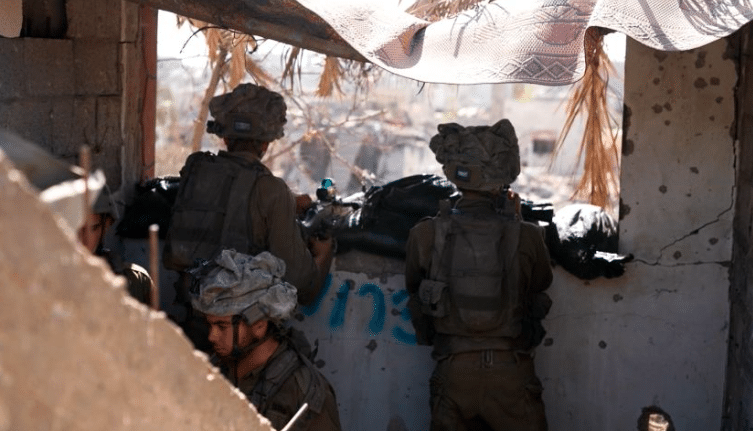All war is hell. All war is killing and destruction, and historically civilians are inordinately the innocent victims of wars. Urban warfare is a unique type of hell not just for soldiers, who face assaults from a million windows or deep tunnels below them, but especially for civilians.
Noncombatants have accounted for 90% of casualties per international humanitarian experts in the modern wars that have occurred in populated urban areas such as Iraq’s Mosul and Syria’s Raqqa, even when a Western power like the United States is leading or supporting the campaign.
The destruction and suffering, as awful as they are, don’t automatically constitute war crimes – otherwise, nearly any military action in a populated area would violate the laws of armed conflict, rules distilled from a complicated patchwork of international treaties, court rulings and historic conventions. Scenes of devastation, like Israel’s strikes on the Jabalya refugee camp in northern Gaza earlier this week, quickly spark accusations that Israel is engaging in war crimes, such as indiscriminately killing civilians and engaging in revenge attacks. But war crimes must be assessed on evidence and the standards of armed conflict, not a quick glimpse at the harrowing aftermath of an attack.
Hamas forces indisputably violated multiple laws of war on October 7 in taking Israelis hostage and raping, torturing and directly targeting civilians, as well continuing to attack Israeli population centers with rockets. Years of intelligence assessments and media reports have shown that Hamas also commits war crimes by using human shields for its weapons and command centers and by purposely putting military capabilities in protected sites like hospitals, mosques and schools.
On the other hand, nothing I have seen shows that the Israel Defense Forces are not following the laws of wars in Gaza, particularly when the charges that the IDF is committing war crimes so often come too quickly for there to have been an examination of the factors that determine whether an attack, and the resulting civilian casualties, are lawful. The factors that need to be assessed are the major dimensions of the most commonly agreed to international humanitarian law principles: military necessity, proportionality, distinction, humanity and honor.
Read the full article at CNN.
View

